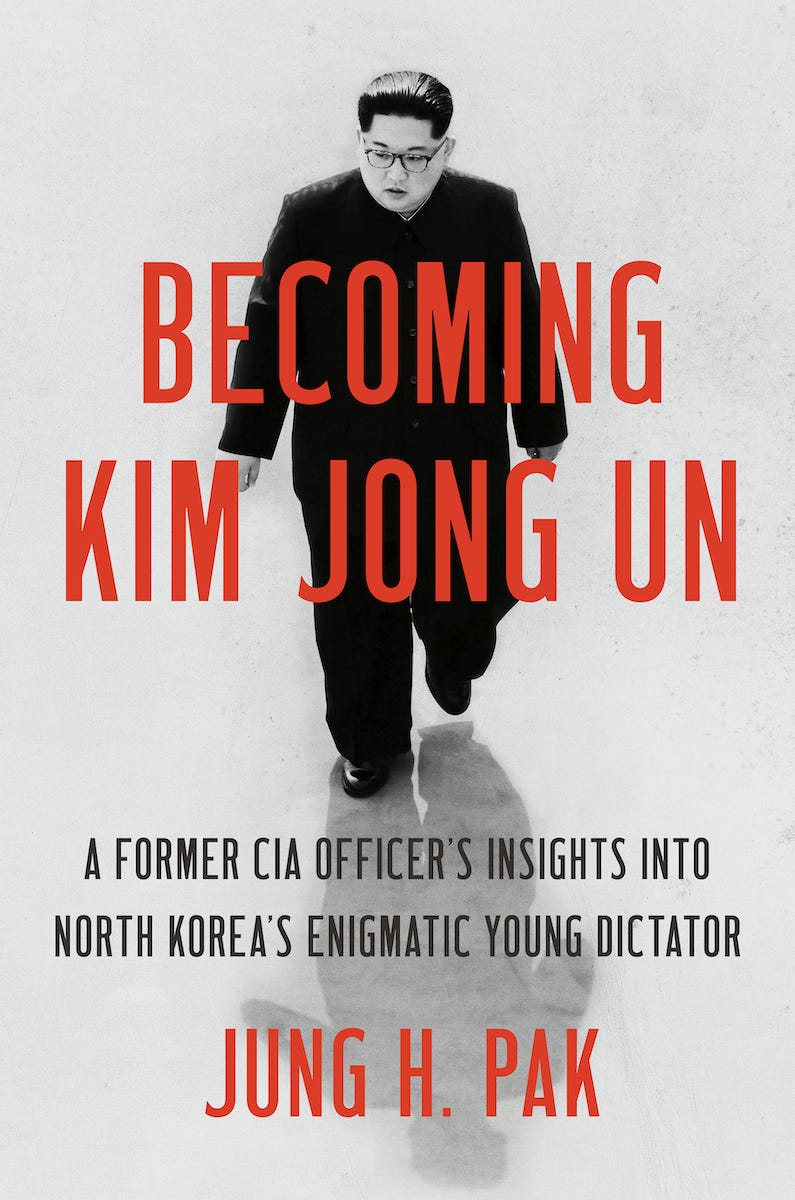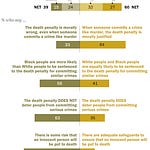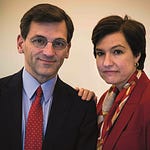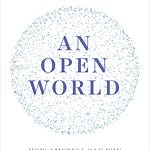6 Minutes or Less: Kim Jong Un
This newsletter-only feature will be available only to paid subscribers: I ask a thought leader or expert to educate/enlighten/explain an issue via audio in 6 Minutes or Less.
Issue: After reports surfaced that North Korean Leader Kim Jong Un was in “grave danger” and even may have died, more recent reports state he is alive.
Question: If, as the latest reports indicate, Kim Jong Un is alive, has anything changed as a result of his brief disappearance?
Guest: Dr. Jung H. Pak, Senior Fellow in the Center for East Asia Policy Studies at Brookings and author of the new book “Becoming Kim Jong Un: A Former CIA Analyst’s Insights into North Korea’s Enigmatic Young Dictator.”

Like the newsletter? During this trial period, you get the Founding Member Rate — 50% off the regular cost. Continued thanks to everyone who already has done so!
The World
The U.S. is preparing to warn that China’s most skilled hackers are working to steal American research to develop coronavirus vaccines and treatments. Meanwhile, China’s direct U.S. investment fell last year to its lowest level since the Great Recession, while a state-controlled tabloid said China hawks want to reevaluate its Phase 1 U.S. trade deal. (New York Times, Associated Press, Reuters)
Factory furloughs across the U.S. are becoming permanent closings, showing the heavy damage shutdowns are exerting on the industrial economy. Meanwhile, nearly a third of Kentucky’s labor force has filed for unemployment insurance, the largest share of any U.S. state. (Wall Street Journal, Wall Street Journal)
The Paycheck Protection Program no longer seems likely to run out of funds, as daily loan approvals have slowed to less than $2 billion per day. A key impediment to companies’ seeking loans: Media floggings and government threats. (Axios)
As U.S. meat workers fall sick and supplies dwindle, exports to China soar. Meanwhile, foodborne illness investigations have slowed and food recalls have plummeted to their lowest levels in years. (Reuters, USA Today)
The United Nations predicts that a global recession will reverse a three-decade trend in rising living standards and plunge as many as 420 million people into extreme poverty, which is defined as earning less than $2 a day. (Los Angeles Times)
Wuhan, the Chinese city where the global coronavirus pandemic began, reported its first cluster of new infections since a strict quarantine was relaxed in early April. The setback occurred just over a week before China’s rubber stamp parliament was supposed to convene for its delayed annual session. (Financial Times)
Illinois Gov. J.B. Pritzker and his Chicago office staff will be working from home after a senior staff member in the governor’s office tested positive for the new coronavirus. (Chicago Tribune)
MLB is expected to present a formal proposal to the players’ union outlining how to stage a season in 2020. This will come after commissioner Rob Manfred holds a conference call with the 30 team owners Monday to discuss the plan. (Wall Street Journal)
Economy
Daily trading risks at top Wall Street banks hit their highest level since 2011 during the first-quarter turmoil, driving up a key measure of potential losses. (Financial Times)
Macro investor Paul Tudor Jones is buying Bitcoin as a hedge against the inflation he sees coming from central bank money-printing, telling clients it reminds him of the role gold played in the 1970s. (Bloomberg)
Emerging market currencies are collapsing in a magnitude last seen in 2015 when China's renminbi devaluation panicked global financial markets. (Nikkei Asian Review)
Mark Cuban hired undercover shoppers to assess business safety during the Texas reopening. The result? “Not Good.” (Dallas Magazine)
Technology
The U.S. government and semiconductor companies are looking to jump-start development of new chip factories in the U.S. as concern grows about reliance on Asia as a source of critical technology. (Wall Street Journal)
Snapchat and Twilio are announcing new efforts to provide support for people affected by domestic violence and mental health concerns in response to a swell in demand during the COVID-19 outbreak. (Axios)
3.4 million high school students begin A.P. exams today. The tests historically took three hours to complete; this year, they will last no more than 45 minutes. To minimize cheating, students globally will take them at the same time, meaning overnight exams in Asia. (Wall Street Journal)
Mount Sinai hospital deploys Google Nest cameras for patient monitoring and communication. (TechCrunch)
Smart Links
Nicholas Johnson is the first black valedictorian in Princeton’s 274-year history. (Princeton University)
Coronavirus puts youth sports on pause. (Axios)
Astronomers capture some of the highest resolution images of Jupiter ever obtained from the ground. (The Guardian)
Japan scientists develop new method to track plastic emissions from land to sea. (Science Daily)
9 disasters experts are worried about next. (Politico)
The future of international flight. (The Daily Beast)
Good News
A Buffalo-area milkman came out of retirement to meet local delivery needs. Within two weeks he had 1,400 orders for milk delivery. (CNN)
Five memorable Jerry Stiller roles. (The Guardian)
Thanks for reading. Did you like the newsletter? Why not subscribe now?











Share this post